(626) 539-3524
Breaking Free from the “I’m Not Good Enough” Mindset with ACT

The belief that “I’m not good enough” is one of the most common and limiting thought patterns people experience. It can hold you back from relationships; career opportunities; and personal growth. It is a deeply ingrained thought that often arises from past experiences, negative feedback, or societal conditioning. Many people spend years trying to fight this belief, only to find themselves stuck in an ongoing battle with their thoughts.
Acceptance and Commitment Therapy (ACT) offers a different approach. Instead of attempting to convince yourself that you are “good enough” or engaging in endless self-affirmations, ACT helps you focus on what truly matters. By shifting your attention from self-judgment to meaningful action, you can break free from the trap of self-doubt and step into a life that aligns with your values.
Why the “I’m Not Good Enough” Mindset Feels So Real
This belief often takes root early in life; shaped by childhood experiences, educational environments, relationships, and cultural expectations. If you were frequently criticized or compared to others, you might have internalized the message that you are inadequate. Over time, this thought becomes more than just an occasional doubt; it becomes a core belief that influences how you see yourself and the world.
The brain is wired to seek patterns and confirm existing beliefs. If you believe you are not good enough, your mind will filter experiences through that lens; noticing every mistake, every criticism, and every perceived shortcoming while ignoring evidence of your competence and worth. This selective attention reinforces the belief, making it feel even more true.
But here is the reality: thoughts are not facts. Just because you think something does not make it an objective truth. ACT teaches that thoughts are mental events that pass through the mind—sometimes helpful, sometimes unhelpful, but never absolute.
How ACT Helps You Overcome the “I’m Not Good Enough” Belief
Cognitive Defusion: Separating Yourself from the Thought
When you are “fused” with the thought “I’m not good enough,” it feels like an undeniable truth. ACT helps you step back and see it for what it really is: just a thought, not a reality.
One powerful technique is to say: “I notice that I am having the thought that I’m not good enough.” This slight change in language creates psychological distance between you and the thought, reducing its emotional impact. Instead of letting the thought define you, you can observe it as an external event—something your mind is generating rather than a fact about who you are.
Self-as-Context: You Are More Than Your Thoughts
Your worth is not defined by passing self-judgments; it is defined by the actions you take and the life you build. ACT teaches that you are not your thoughts; you are the observer of your thoughts.
Imagine your thoughts as clouds passing through the sky. Some are dark and heavy; others are light and soft. But no matter what kind of clouds appear, the sky itself remains unchanged. You are the sky, and your thoughts are just passing weather.
This perspective shift allows you to see that the thought “I’m not good enough” is just one of many thoughts you experience. It does not have to control your behavior or dictate your self-worth.
Present-Moment Awareness: Breaking Free from Negative Self-Talk
When you are caught in negative self-talk, you are often disconnected from the present moment; dwelling on past mistakes or worrying about future failures. Mindfulness helps you return to the here and now, grounding you in reality rather than in your fears and insecurities.
Practicing mindfulness involves noticing your thoughts without judgment, allowing them to come and go without getting stuck in them. For example, if the thought “I’m not good enough” arises, instead of fighting it or believing it, you can simply acknowledge it:
“I am noticing that my mind is generating this thought again. I do not have to engage with it.”
This approach allows you to regain control over your attention, directing it toward meaningful actions rather than self-doubt.
Values-Based Living: Shifting the Focus from Worth to Action
Rather than trying to determine if you are “good enough,” ACT encourages you to focus on what truly matters to you. What kind of person do you want to be? What values do you want to live by?
If kindness, creativity, or connection are important to you, then act in alignment with those values—regardless of whether you feel good enough. Self-worth is not something you need to earn; it is something you create through your actions.
A person who values kindness does not need to feel good enough to be kind. A person who values creativity does not need to feel worthy to create. By shifting the focus from self-evaluation to value-driven action, you move beyond self-doubt and into a more fulfilling life.
Acceptance Instead of Resistance: Letting Thoughts Exist Without Letting Them Control You
One of the biggest struggles people face with self-doubt is the desire to push it away. However, trying to suppress self-critical thoughts often makes them stronger. ACT teaches that rather than resisting these thoughts, you can accept their presence without letting them dictate your behavior.
Acceptance does not mean agreeing with the thought; it means allowing it to be there without giving it unnecessary power. You can think “I’m not good enough” and still move forward with your life. You do not have to wait until the thought disappears to take action.
When you stop battling your thoughts and start focusing on what you truly care about, the power of the “I’m not good enough” mindset begins to fade.
Redefining Your Worth
You do not need to prove that you are “good enough.” You do not need to convince yourself of your worth through endless self-affirmations. Instead, you only need to live in a way that aligns with your values.
Imagine a life where your worth is not based on how much you achieve, how perfectly you perform, or how others perceive you. Instead, imagine a life where your worth is defined by the way you show up for yourself and others; the way you pursue what matters to you; and the way you engage with life despite self-doubt.
This is the freedom that ACT offers. It does not promise to eliminate negative thoughts, but it does provide a path forward that is not controlled by them.
Moving Forward with ACT and Bydand Therapy
Breaking free from the “I’m not good enough” mindset is not about forcing yourself to believe something different. It is about changing your relationship with the thought, so it no longer holds you back.
At Bydand Therapy, we use ACT to help people step away from self-doubt and into meaningful, value-driven action. Through ACT, you can learn to defuse from unhelpful thoughts, reconnect with the present moment, and align your life with what truly matters to you.
If you are ready to let go of the “I’m not good enough” mindset and build a life based on your values rather than self-judgment, we are here to help.


